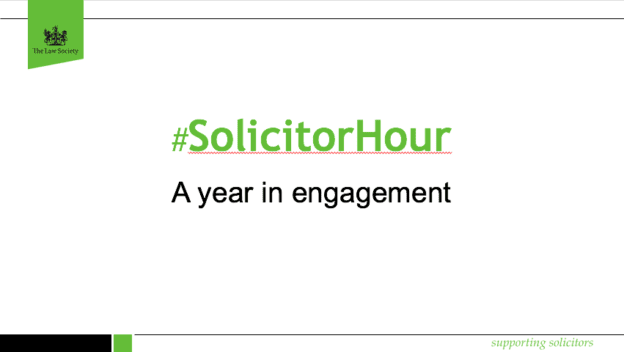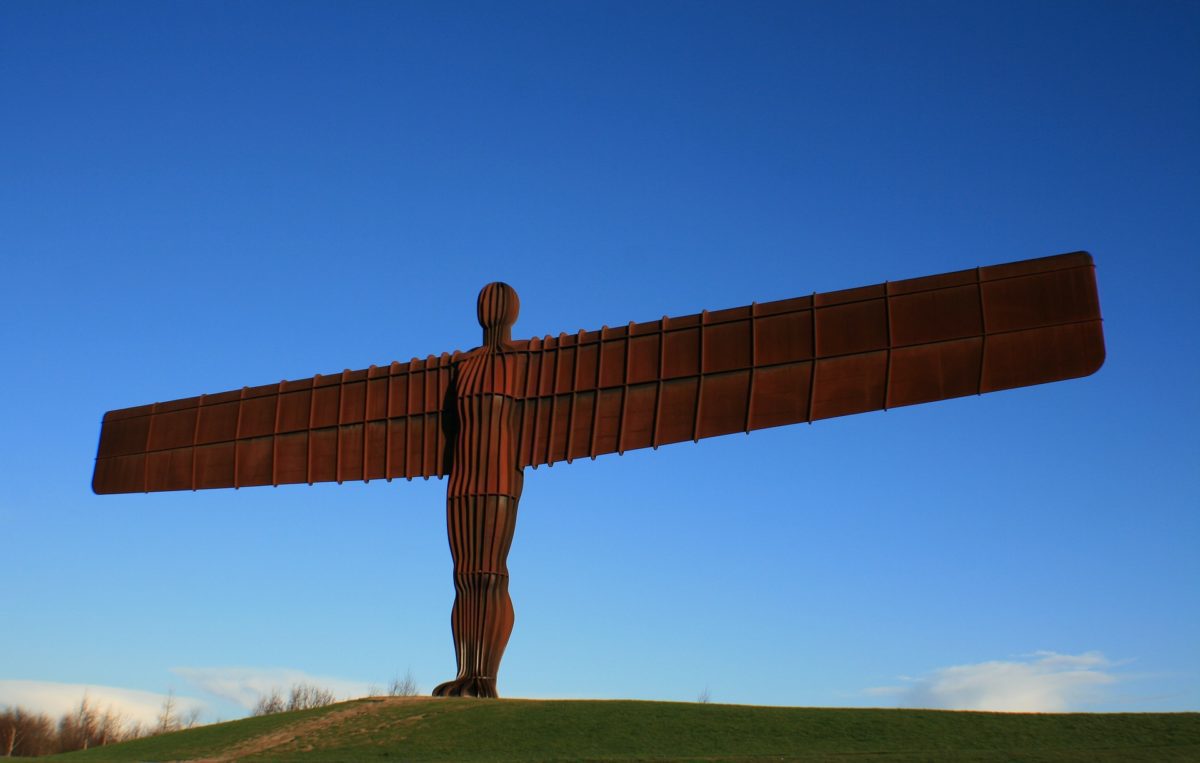This week Emma Maule, social media officer from The Law Society and I were invited to give a presentation at a PARN communications event in London on Thursday.
PARN is the Professional Associations Research Network – the group that works with organisations that are made up of professional members such as the Law Society, the Royal Pharmaceutical Society and the Institute of Biomedical Science who hosted the event.
The topic was a review of #Solicitorhour – the twitter chat where members of the public interact with solicitors on a different topic weekly at 1pm on Thursdays, which has been operating for just over a year.
#Solicitorhour was the ideal topic to discuss as the event focused on how membership based organisations can better communicate with their members and the public on a regular basis.
We’re proud of the success we’ve been able to achieve in the previous 12 months.
- 77 #Solicitorhour sessions
- 13,016 tweets
- 5 million timeline deliveries
- 5 million users reached
- 2,332 unique contributors
Other speakers included David Biggins from The Institution of Engineering and Technology on how to generate shareable content and from Sandra Scott from the UK Council for Psychotherapy on managing member content in magazines.
We had a great audience who asked several questions both about #Solicitorhour, the Use A Professional Use A Solicitor campaign we created for the Law Society in October 2014, and how an agency like ourselves can work successfully and seamlessly with a large, multi-faceted organisation like the Law Society.
The presentation is embedded above for you to view and download and I would be more than happy to answer any questions you have about the campaign or #Solicitorhour – apart from our future plans!












